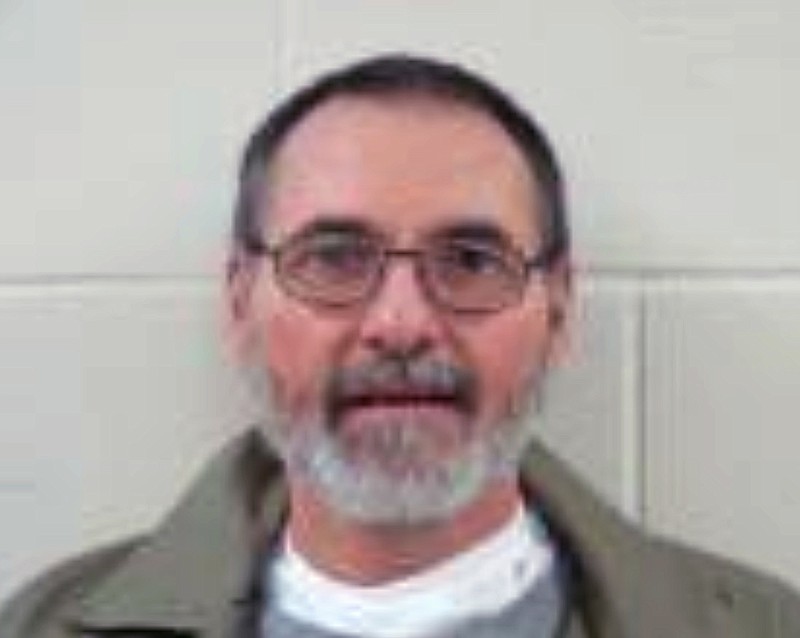OMAHA, Neb. (AP) - A man convicted of a 1988 double killing in western Nebraska is seeking to reopen the case by using new technology to identify fingerprints left at the crime scene, even as a new documentary series nearing completion calls into question his guilt.
Jeff Boppre, who is serving two life sentences, has maintained for three decades that he was framed for the killings of Richard Valdez and his pregnant girlfriend, Sharon Condon, in a Scottsbluff home. The Nebraska judicial system has upheld his 1989 conviction numerous times.
However, a renewed effort by Boppre's lawyers - coupled with a documentary reminiscent of the popular 2015 Netflix series "Making a Murderer" that explored a Wisconsin case - promise to bring fresh attention to Boppre's conviction.
Producer Douglas Thornton with Middle West Studios said work began nearly a decade ago on what was intended to be a 90-minute documentary. It has ballooned into a series of seven to nine episodes set to wrap up late this year. The piece is being licensed to a TV network, though Thornton wouldn't say which one.
The work was never intended to prove Boppre's innocence, Thornton said, but it's clear he believes Boppre has been wrongfully convicted.
"The evidence does not - and never will - line up to Jeff Boppre," he said.
On Thursday, lawyers for Boppre, 55, and the Nebraska attorney general's office made arguments for and against analyzing fingerprints found at the crime scene - that did not match Boppre or the victims - using the new technology.
Latent fingerprint technology developed since Boppre's 1989 trial can make matches from low-quality fingerprints or even a single finger. Previously, investigators typically needed quality prints from all 10 fingers to make a match. The FBI has recently used the technology to identify human remains - some that had remained a mystery for more than three decades.
Lawyers in the Boppre case hope to use the technology to show that another man - John Yellowboy, a cousin of Condon's who is serving a prison sentence in Colorado for unrelated crimes - had been in the house and is the likely killer.
Backing this claim are defense affidavits from at least eight people who were associated with Boppre, Yellowboy and the victims. They include the affidavit of a woman who said she hid under a bed in the home as the killings took place and she believed Yellowboy was the killer. Another woman said Yellowboy confessed to her.
Yellowboy is in prison in Canon City, Colorado, for convictions of kidnapping, first-degree sexual assault and robbery. Colorado prisons spokesman Mark Fairbairn said prison policy would not allow for Yellowboy to comment to a reporter. There is no attorney currently representing Yellowboy.
Boppre's lawyers contend the new fingerprint technology is akin to the advent of DNA technology. A 2001 Nebraska law requires the state to test DNA evidence in cases where someone has already been convicted if it's likely to produce evidence that someone else committed the crime.
"Legally, constitutionally and ethically, the fingerprints should be analyzed," Boppre's attorneys argue in court documents. "The real question in this regard is, why not? What harm is done by doing a routine check of the fingerprints, the same as is done in literally hundreds of thousands of daily occurrences when an individual is arrested?"
Prosecutors argued in a one-page brief that Nebraska law doesn't "create a postconviction remedy."
"This case has been challenged before several judges in several courts over many years, and each time the conviction has been confirmed," the Nebraska Attorney General's Office said in a written statement.
Iowa attorney Thomas Frerichs, who joined Boppre's defense team about a year ago, said the ultimate goal of the defense team is to exonerate Boppre. He believes the evidence uncovered by attorneys and the documentary will prove Boppre is innocent.

